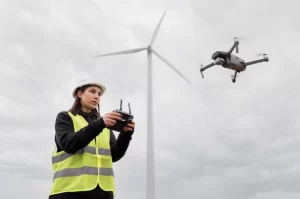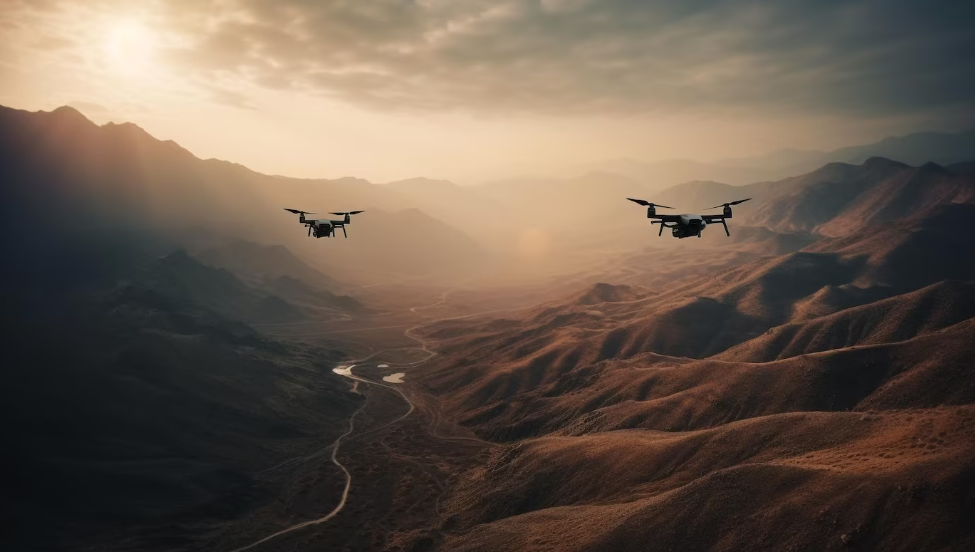In the realm of construction, innovation serves as the driving force propelling the industry forward. In recent years, the emergence of drone services has ushered in transformative technology, providing construction companies with fresh perspectives and heightened capabilities. This blog dives deep into the pivotal impact of drone services on the construction sector, shedding light on how they are reshaping the landscape of project planning, execution, and monitoring.
A Paradigm Shift in Construction
Drones have presented construction professionals with a potent tool—aerial insights. These aerial marvels bestow a birds-eye view of construction sites, offering meticulous and real-time data that was previously challenging to acquire. Construction teams can now conduct aerial surveys to evaluate the terrain, oversee progress, and pinpoint potential challenges. This newfound perspective elevates decision-making, mitigates risks, and ultimately results in more efficient and cost-effective construction processes.

Efficiency Redefined in Planning and Design
Drones excel in a pivotal domain—the initial planning and design stages of construction projects. Swift and precise, drones adeptly map expansive areas, amassing data that architects and engineers can wield to craft precise blueprints. This not only saves time but also minimizes errors, ensuring projects embark on the right trajectory. Armed with a comprehensive understanding of the site’s topography and characteristics, construction plans can be fine-tuned for peak efficiency.
Elevated Safety Protocols
Safety holds paramount importance within the construction industry, and drones play a pivotal role in augmenting safety protocols. Equipped with high-resolution cameras, drones inspect hard-to-reach or dangerous areas, negating the need for workers to expose themselves to potential risks. They can also identify safety breaches, such as unauthorized personnel on-site, fostering a secure work environment for all stakeholders. Prioritizing safety translates into fewer accidents and associated costs for construction companies.
Real-time Progress Tracking
Traditionally, monitoring construction progress necessitated physical site visits and manual evaluations. With drone services, real-time progress monitoring becomes an attainable reality. Drones capture images and videos that furnish an up-to-the-minute view of the project’s status. Project managers can swiftly pinpoint delays, discrepancies, or deviations from the plan, facilitating immediate corrective actions. This level of monitoring agility ensures that construction adheres to timelines and budget constraints.
Cost-effectiveness and Remarkable ROI
While the incorporation of drone services may entail initial expenses, the long-term advantages far eclipse these costs. Drones optimize processes, trim labor hours, and enhance project management, leading to substantial cost savings. Furthermore, heightened efficiency and precision translate into expedited project completion, enabling construction companies to tackle more ventures and amplify their return on investment (ROI).
Conclusion
Drone services are engineering a revolution within the construction industry. They supply indispensable aerial insights, amplify efficiency, bolster safety measures, and deliver remarkable ROI. Companies like Aerial Optix, a Florida-based drone company, stand at the forefront of this transformative wave. Aerial Optix specializes in comprehensive drone photography and videography services, serving as a steadfast partner for construction professionals aiming to harness the full potential of drone technology. As the construction sector continues its evolution, embracing drone services emerges as a strategic maneuver, ensuring competitiveness and attaining unparalleled success across projects of every scale.
